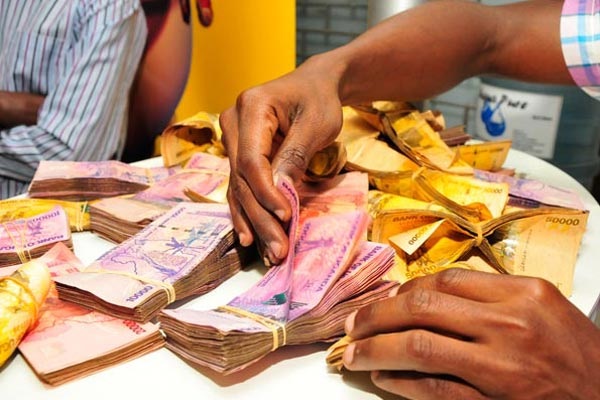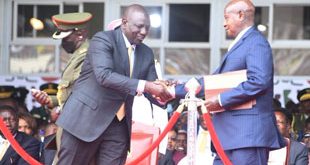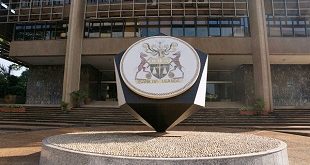
Kampala, Uganda | THE INDEPENDENT | Lenders are hoping that the general elections will be peaceful so that their businesses return to normal.
Like many other sections of the economy, the financial sector was still trying to recover from the effects of the Covid-19 pandemic when the climax of the election season set in.
Businesses especially small and medium-scale enterprises have expressed fears over what the next few days or weeks might be like, with many anticipating disruptions.
Traders are also toning down their activities with some withdrawing their merchandises to safer places, while others have halted the planned delivery and replenishing of their stocks until they are sure of the safety of their businesses.
This trend of developments means that lenders will not be sure as to whether these businesses would be able to repay in time if they acquired loans.
The banking industry says demand for credit was rising steadily since August after a slowdown in the months between April and June when the country was under a lockdown.
Banking executives say the demand is still low and it will be hard to tell whether or not the uncertainties caused by the general elections are affecting the demand already subdued by the generally low economic activity levels.
The Uganda Bankers Association recently refuted claims that the bankers were withholding lending to the private sector in favour of investing in government bonds and treasury bills which are considered safer and largely risk-free. Instead, they say and maintain that it is the private sector which reduced the appetite for credit due to the uncertainty in the business environment.
Money lenders also note while there is a demand for their services, they have become more cautious about lending until the elections are done.
They say as more people suspend their activities, the lenders are more concerned about the ability of the borrowers to pay back in time. Some talked to say they only hope that the business environment will normalize soon and that the polling period will not be as violent as some foretell.
However, the Association of Microfinance Institutions of Uganda (AMFIU) says that in months. AMFIU information manager, Robert Ntalaka says most of the 125 members of the association do not have enough working capital to meet the demand since they have never recovered from the lockdown.
He is hopeful that the idea the government had mooted to rescue the MFIs will not be permanently disrupted by the elections.
Ntalaka says the companies lost a lot of business since they did not work for the three months the country was under lockdown, and they are still operating under very low capacity.
Unlike their counterparts, the banks, the microfinance institutions were not categorized as essential and therefore their members could not move, forcing some to close permanently.
He says that however, the previous election periods have usually affected their operations, but currently the companies are concentrating on looking for money to improve their capacity to meet the current demand.
He adds that it is also hard to tell whether the demand would be higher or lower if it was not for the election period.
*****
URN
 The Independent Uganda: You get the Truth we Pay the Price
The Independent Uganda: You get the Truth we Pay the Price



I believe that the fears “Businesses especially small and medium-scale enterprises have expressed fears over what the next few days or weeks might be like, with many anticipating disruptions” are absolutely justified given the current situation.